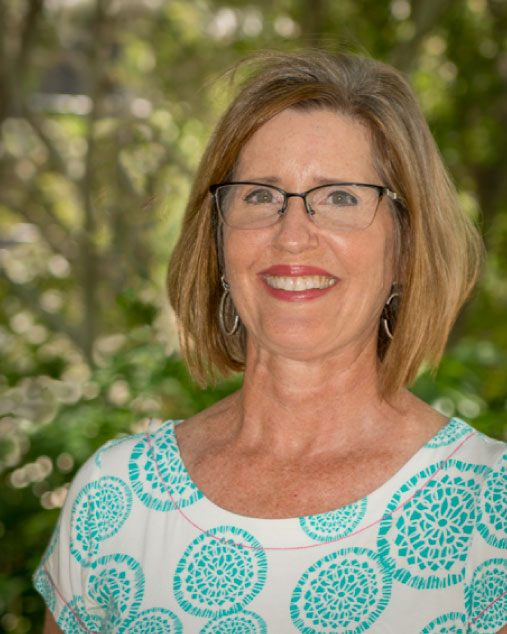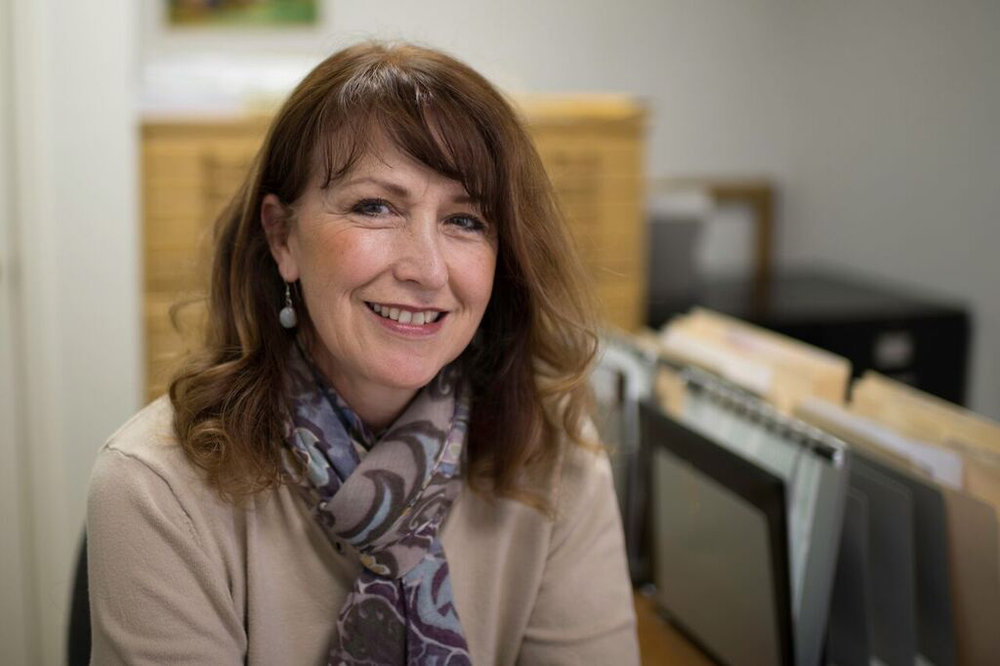Father Void
By Guest Blogger, Terry Sue Harms

Julie McGue
Author

Terry Sue Harms
Guest Blogger
Terry Sue Harms has been a happy hairdresser and salon owner for over forty years. She finds that her powers of observation and good communication skills have served both her work as a cosmetologist and as a writer; plus, when it comes to studying the human condition, few places are better than the beauty shop. After a childhood of illiteracy, she taught herself to read and write as a young adult, one of her proudest and most rewarding accomplishments. She has self-published two books: Pearls My Mother Wore, a novel, and Reflections Upon the Occasion of My 85th Year, a memoir coauthored with her father-in-law. The Strongbox: Searching For My Absent Father is her third book―a memoir published by She Writes Press (October 2020). Terry Sue lives in scenic Sonoma, California, with her husband.
FATHER VOID By Guest Blogger, Terry Sue Harms
When I began writing my memoir, The Strongbox: Searching For My Absent Father, I had a different subtitle in mind. I thought the title was going to be The Strongbox: Coming To Terms With My Absent Father. I began writing because I felt that I had a victory story to tell, but it wasn’t an absent-parent narrative that ends with any kind of reunification. My triumph was hard won, and the book is a kind of testimonial. The success I wanted to declare was in recognizing that I had a right to have feelings about my natural father, a man who refused to recognize me in any way. For years, indeed decades, I didn’t know, as the “illegitimate” daughter of a married man, if I was entitled to care about him or if I was worthy of care myself. The arc between birth and where I’ve gotten to as an adult is long and includes several dramatic segments such as the early death of my alcoholic mother, being left with a hostile stepfather and the most pivotal development, overcoming an inability to read. In the writing of my memoir, I intended to bear witness to my esteem-battered youth and the stable, clear-eyed woman I am today. The reckoning with my absent father is one-sided. I’ve done the emotional work to come to terms with his neglect, but how I’ve done that is inextricably woven into my prolonged period of searching. To rejoice in my successes, the reader needed to understand the quest I was on. Much of the memoir tracks my hunt, and that is why the subtitle was adjusted to reflect the journey more than the destination.
Capturing this story was much harder than I initially imagined it would be. I approached the work with a naïve assumption that downloading my history onto the page would be relatively easy on not terribly time consuming, but after over four years of working on it, I understood just how challenging memoir writing can be. Authenticity in memoir is vital, and frequently, I’d have to push away from my desk, take off my dispassionate reporter hat and gather up the deep-down me that had gone through so much. Sometimes, a cup of tea and a walk around the garden was all I’d need, but there were other spells when finding the feelings and the words to describe them took days. It was the deeply internal me that I was going for, but it was the reporter me that actually kept my hands on the keyboard. Integrating the two was what got the job done.
Beside the emotional demands of this memoir, I also had very little to go on. My mother was gone, there were no relatives and my birth certificate was obfuscated to hide my father’s identity. Plus, in 1960 when I was born, there was a much higher tolerance for men to turn their backs on inconvenient truths—of which I was one, and that social construct was an additional hindrance.
I was writing into a void, and while that was a challenge, as a writer, I found it interesting. I wondered if I could do it. I didn’t want to speculate about what my father might have been thinking; I had no idea where he stood on the subject of me as his daughter. I needed to tell my story, and I needed to trust that it was compelling enough to warrant an audience. Describing the lack of transparency around my father, my undaunted drive to get answers to questions I only partially understood, and explaining how I was able to make sense of it all were the hurdles I set for myself.
I know I’m not alone in having a biological father who refuses to acknowledge his offspring. Facing the gaping void where my father exists and making peace with that vacancy is why I wrote the book. I hope my story will help others who struggle with father abandonment. I’m aware of how easy it is to paint such a father in either disparaging or overly sympathetic colors. I’ve spent plenty of time bouncing between thinking he was a deadbeat to thinking he was silenced by hyper-moral guilt, but those creations were phantoms dancing around a cavernous pit of despair, and every time I struck out at them, I’d fall in. It wasn’t until I understood that his truth—whatever it may have been—was beyond my reach that I stopped projection flailing. Once I put my foot down and stopped questioning whether or not I was out of line to ask about my father, I settled down. I take comfort in knowing that while he remains in the dark, I’m no longer defined by it.
“I take comfort in knowing that while he remains in the dark, I’m no longer defined by it. “

Snag my in-depth reference guide to best equip you for the journey ahead.

Available on Amazon!
TWICE A DAUGHTER
A Search for Identity, Family, and Belonging
by Julie McGue


Powerful, Terry. Thank you so much for sharing your story, a help to many!